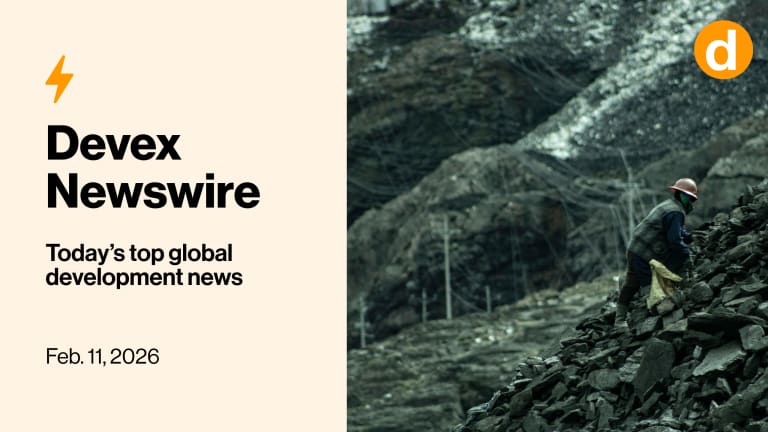I woke up one day last year feeling really tired. So tired I could barely get out of bed. I thought I had the flu, or maybe COVID-19. While usually the worst is over in a few days, I waited for 10 days and wasn’t getting better. When I finally went to the doctor, they said I had no physical problems and this could be a mental health matter. I went to a psychologist, who said my symptoms might suggest I was heading for a burnout.
What? Me? How??
It’s true: I’d been working a lot. Setting up a new organization and making it successful was not easy, but I love my work and it gives me energy. Still, continually dealing with challenging situations and exciting opportunities in a startup environment meant my body was relying a lot on adrenaline. I’d become so accustomed to being in a constant adrenaline-fueled state, I’d forgotten to rest.








